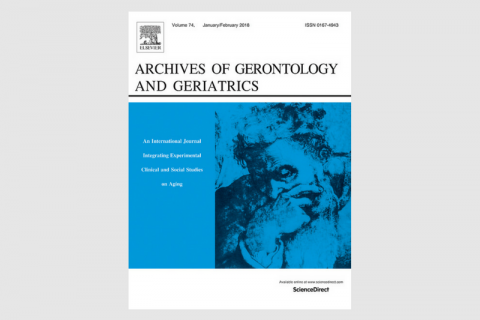
The disruptive power of Artificial Intelligence. Ethical aspects of gerontechnology in elderly care
Archives of Gerontology & Geriatrics
Fecha de publicación: 15 de julio de 2020
DOI: https://doi.org/10.1016/j.archger.2020.104186
Autores: Giovanni Rubeis
Background: Gerontechnology based on Artificial Intelligence (AI) is expected to fulfill the promise of the so-called 4p-medicine and enable a predictive, personalized, preventive, and participatory elderly care. Although empirical evidence shows positive health outcomes, commentators are concerned that AI-based gerontechnology could bring along the disruption of elderly care. A systematic conceptualization of these concerns is lacking. In this paper, such a conceptualization is suggested by analyzing the risks of AI in elderly care as “4d-risks”: the depersonalization of care through algorithm-based standardization, the discrimination of minority groups through generalization, the dehumanization of the care relationship through automatization, and the disciplination of users through monitoring and surveillance. Based on the 4d-model, strategies for a patient-centered AI in elderly care are outlined. Whether AI-based gerontechnology will actualize the 4p-perspective or bring about the 4d-scenario depends on whether joint efforts of users, caregivers, care providers, engineers, and policy makers will be made.




